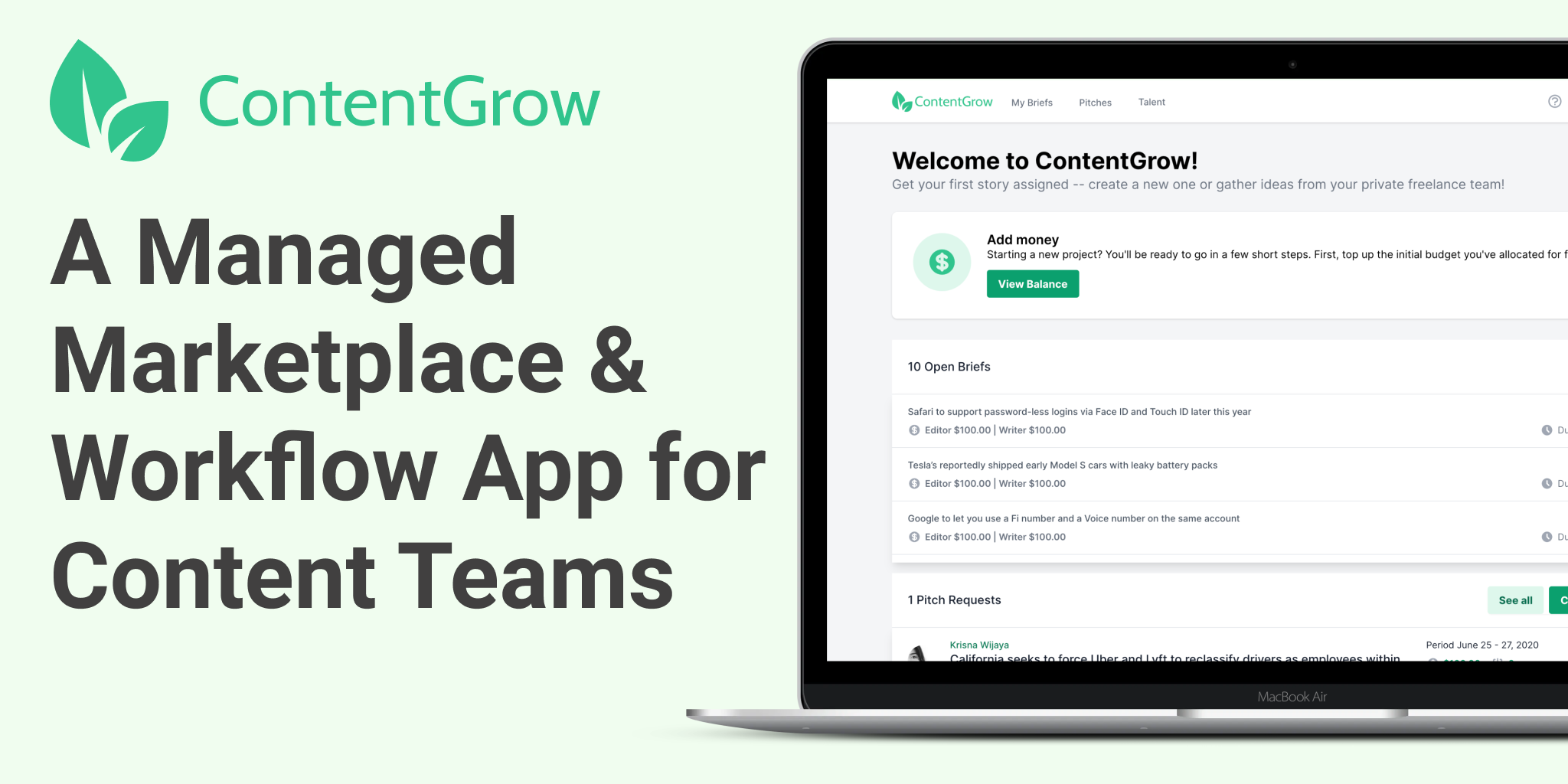3 AI B2B marketing trends to watch in the coming years
Explore how artificial intelligence is revolutionizing B2B marketing, highlighting three emerging trends set to dominate the industry.

AI's influence is increasingly profound, driving efficiencies and enabling personalized customer experiences at scale. As we navigate this digital transformation, staying abreast of current AI trends is crucial for marketers aiming to maintain a competitive edge.
3 emerging AI trends relevant to B2B marketing
Three emerging AI trends that are poised to redefine B2B marketing in the coming years are particularly noteworthy.
First, the advancement of AI-driven personalization is set to offer unprecedented customization in marketing campaigns. This trend means businesses can now deliver highly personalized content and recommendations to their B2B clients, significantly enhancing user engagement and conversion rates.
An example case of AI-driven personalization in B2B marketing is seen with Adobe's Experience Cloud by enterprise software company SAP. SAP implemented Adobe Experience Cloud to harness the power of AI-driven insights, enabling personalized experiences across its digital platforms.

This suite of tools allowed SAP to analyze customer interactions and behavior on their websites and digital platforms in real time. By leveraging Adobe Sensei, Adobe's AI and machine learning framework, SAP could offer personalized content, recommendations, and solutions tailored to each business client's needs and interests.
Second, conversational AI and chatbots are changing customer service and engagement. These tools provide instant, 24/7 assistance to clients, answering queries, and offering solutions, thus improving the customer experience and freeing up human resources for more complex tasks.
IBM's Watson Assistant provides a compelling case study in the use of conversational AI and chatbots. IBM utilized Watson to create sophisticated chatbots and virtual assistants that can understand natural language, respond to questions, and even initiate actions on their own.
A B2B company employing a Watson-powered chatbot can offer immediate assistance to clients, answer their queries in-depth, and navigate complex customer service scenarios without human intervention.
Lastly, AI's role in data analytics and decision-making is becoming increasingly critical. By harnessing AI for deeper insights into market trends and customer behavior, businesses can make more informed strategic decisions, optimizing their marketing efforts for better ROI.
Salesforce Einstein Analytics is a prime example of AI's role in data analytics and decision-making. As an integrated part of the Salesforce CRM platform, Einstein Analytics uses AI to analyze customer data, predict future behavior, and recommend next steps for sales reps.
In a B2B context, this means a marketing team can use Einstein to sift through vast amounts of data to identify trends, predict which leads are most likely to convert, and understand which marketing activities are most effective.

Tools to stay ahead
To harness the full potential of AI, it's essential to consider a suite of tools designed to bring data-driven insights and personalization to the forefront of marketing efforts.
Among the tools taking center stage are personalization engines, sophisticated platforms that leverage AI to sift through vast amounts of customer data. These engines are not merely tools but partners in crafting bespoke content and recommendations tailored to each client's preferences and behaviors. Examples of these engines include: Adobe Target, Optimizely and Dynamic Yield.
Another pivotal tool in the modern marketer’s arsenal is AI-powered chatbots. These digital conversants are revolutionizing customer service and engagement, offering immediate responses to inquiries and support requests. By implementing chatbots on websites and social media platforms, businesses can ensure a consistent, round-the-clock presence, addressing clients' needs promptly and efficiently. This includes tools like Intercom, Drift and ManyChat.
By employing AI-driven analytics, marketers can unlock deep insights into the dynamics that drive their markets. This understanding allows for more informed decision-making, ensuring that marketing strategies are not only reactive but also predictive, anticipating shifts in the market and aligning with consumer expectations before they become apparent. Analytics tools powered by AI include IBM Watson Analytics, Google Analytics 360 and Salesforce Einstein Analytics.
By leveraging these technologies, businesses can ensure that their marketing strategies are not only adaptive and responsive but also predictive, setting the stage for sustained growth and competitive advantage.
ContentGrow is a managed talent network for brands and publishers to work with high-quality freelance writers and journalists worldwide. Sign up to get started or book a discovery call to learn more.





